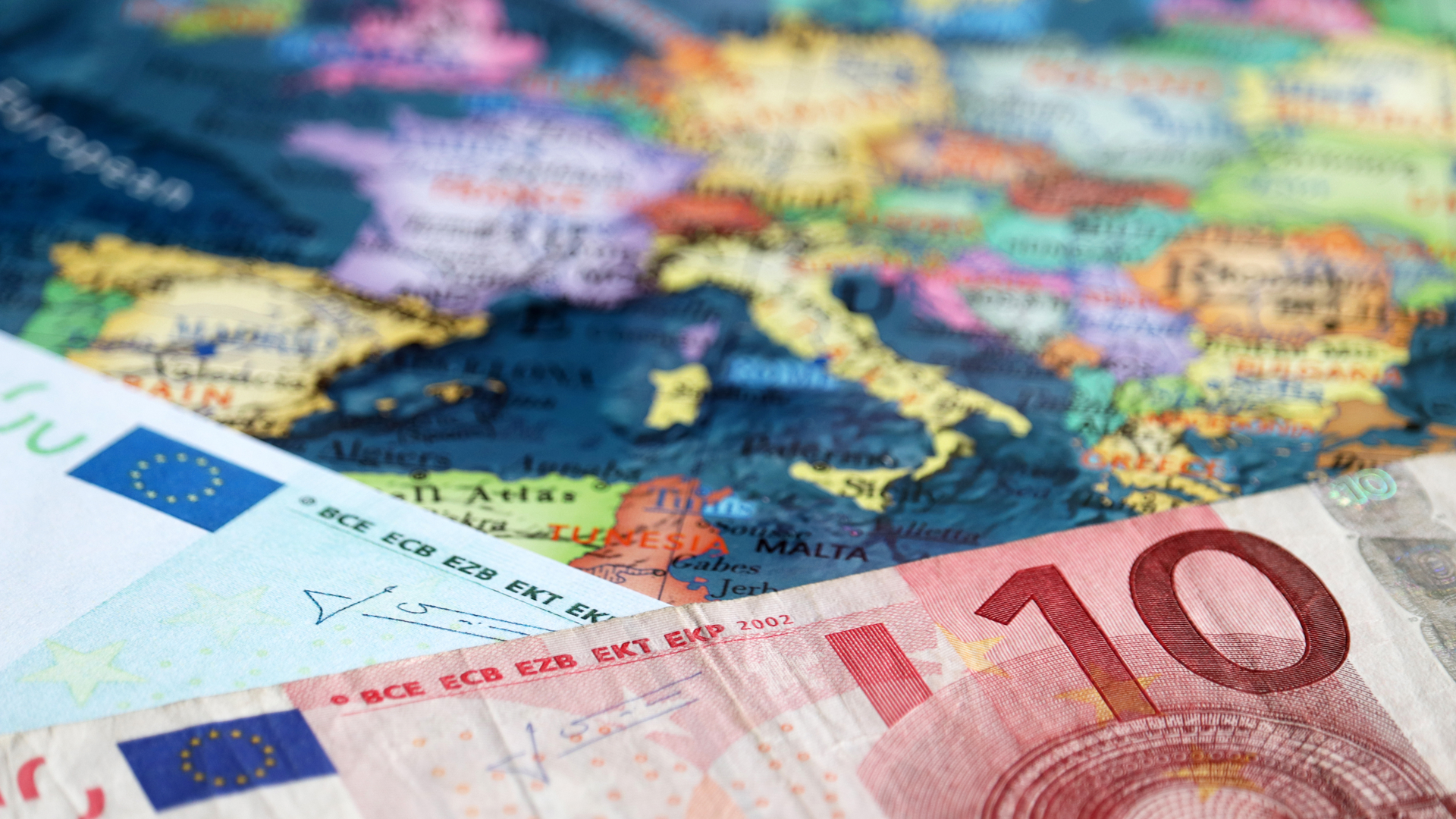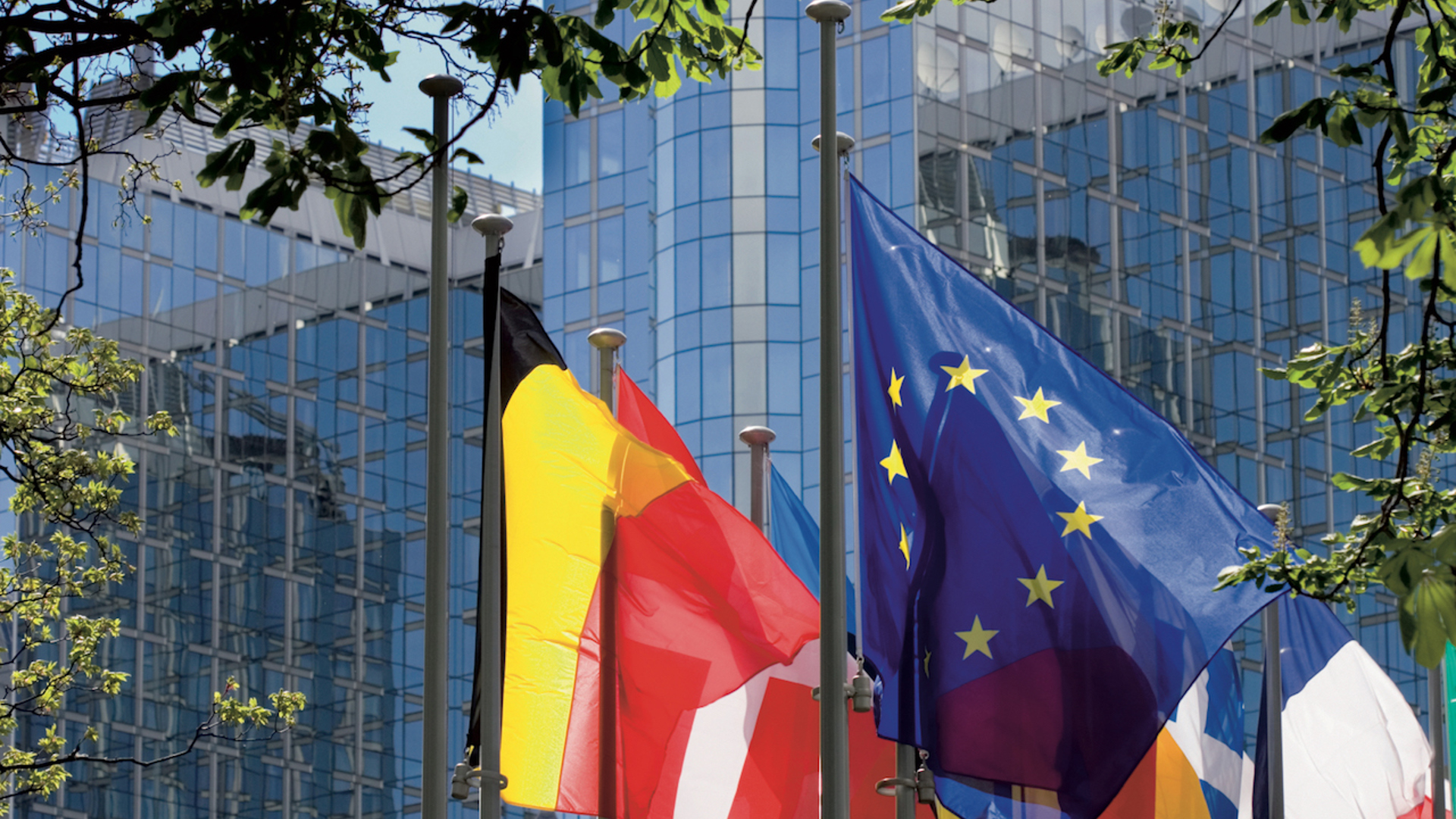
The European elections are over. But what happens next in Brussels? Jochem van Stiphout, European and International Affairs Advisor at the Association, updates us.
"The size of the groups determines the speaking time and who gets committee chairmanships"

"In the new parliament there will be a total of 720 parliamentarians, now there are 705. Each election, the number of MPs per country is adjusted; This depends on the growth or shrinkage of the population in a country. Incidentally, the new parliamentarians will not be officially appointed until July 16, with the first parliamentary session on July 19."
Van Stiphout emphasises that the chairman and the fourteen vice-presidents must also be appointed for this first meeting. The 'premiere of parliament' is also important because it is then decided who will be in which committees (e.g. transport, foreign affairs, environment, consumer affairs, financial markets). According to the European adviser, these decisions are important for the course of the rest of the mandate (parliamentary term). "The size of these committees differs, by the way; On average, a parliamentarian is a member of two or three committees. On average, there are about 50 participants per committee. It is not mandatory to become a member of a committee, but that does mean that as a member of parliament you do not actually do anything, are only active during the parliamentary session. The real work takes place within the committees."

"The real work takes place within the committees"
"Formally, this choice for the president is not up to parliament, but to the heads of government. They nominate him or her; by a qualified majority; these are 20 of the 27 member states. Sometimes this process takes a very long time, with the previous mandate we only knew in September who would become chairman. At the moment, the German Ursula von der Leyen is the president and it is expected that she will become president again. Of course, this is only possible if the Member States will also support it in this round. After that, parliament must also approve it. After which the search for the other 26 European commissioners can begin."
If that proposed team is in place, all European commissioners will have to go through a hearing in the European Parliament, which will take place in October, Van Stiphout continues. "These candidates are being put to the test very critically by the European Parliament. In this phase you see that some candidates fail, last mandate this was one, but sometimes four have not made it through the selection. In this session, they have to defend why they do or do not make certain choices. Language plays an important role in this; most do some in English, some in French and some in their (if applicable) own language. Frans Timmermans also used this moment at his hearing five years ago to show off his language skills and even answered in eight different languages."
In preparation, the candidates often lock themselves up for weeks; They have to be able to answer many questions by heart. So it really is a big deal and a political spectacle because the entire session can be followed live, the European lobbyist continues. "After the hearing, there is a vote immediately, so as a candidate you can also see who voted against you. Every commissioner must get a majority of parliament behind him to be appointed. If that does not work, another candidate must be found for that post. There are always a few who die. Only when every commissioner has been approved can they start working with the new mandate, which will probably not be until November. Finally, when the entire team is approved, everyone is sworn in, and the real work can begin."
Text: Christel Dieleman